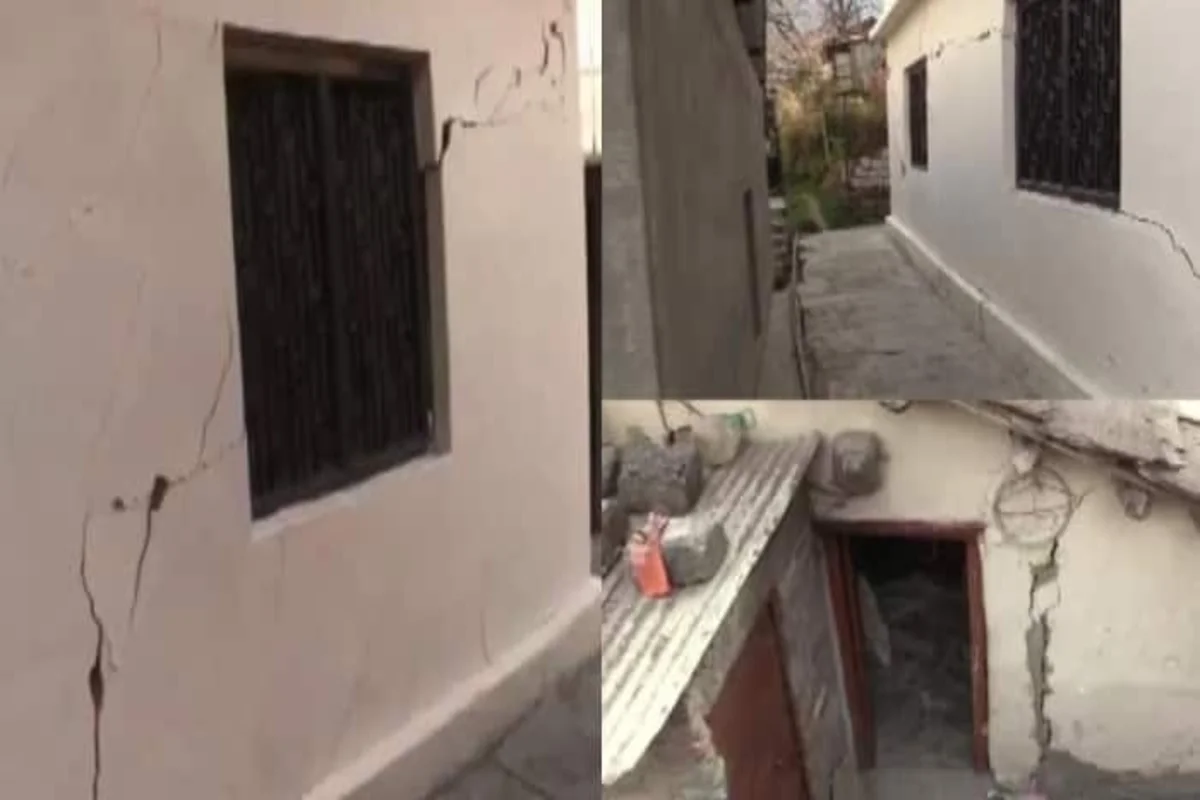After the threat to the population of thousands due to landslide in Joshimath, now the government system has also become alert about the danger looming over a sensitive city like Nainital.
HC asks Uttarakhand govt to impose a ban on construction work in Joshimath
While hearing a petition on the Joshimath land sinking crisis, the Uttarakhand High Court instructed the state government to ban all construction activities in the town strictly. It sought a legal order to ban all construction activities in Joshimath and neighbouring areas.
According to experts, the load carrying capacity of Nainital has ended in 2011 itself, which is about 50 to 60 thousand population. Sensing the danger, now the District Development Authority (DDA) has given instructions to strictly implement the order banning construction without geological report in the authority area and regular monitoring of it.
In 1942 Restrictions Were Imposed On Construction
In fact, considering the protection of biodiversity and geological sensitivity of the city, in the year 1942, in the British era, restrictions were imposed on construction while determining the area. During the British period, a ban was imposed on the construction of the hill with more than 26 degree slope of the city. The restrictions were further tightened by the British after the 1880 landslide that killed 141 civilians and caused widespread damage to property.
Historian Prof. According to Ajay Rawat, after the landslide in 1880, the British divided the city into safe, unsafe and dangerous zones. In this, stable zone, unstable zone and partially stable zone were made.
Where permission was given to build a house in a stable zone, then in a partially stable zone, the landlord was allowed to build at his own risk. Compensation was not payable to such buildings in case of calamity. No construction of more than two storeys was allowed even in the safe zone. Supreme Court had given strict orders
In 1993 Prof. In a public interest litigation filed by Ajay Rawat, the Supreme Court completely banned the treatment of Nainital’s highly sensitive Baliyanala on a war footing, making Naini Lake pollution-free and allowing two-storey buildings in unstable areas and multistorey construction in Nainital.
But after the formation of the state, due to the faulty functioning of the first Lake Development Authority, large scale residential and commercial construction was allowed not only in the unsafe and green belt area in Nainital.
Also Read: Uttar Pradesh: 5 arrested in Lucknow for lowering electricity metre reading
Keep watching our YouTube Channel ‘DNP INDIA’. Also, please subscribe and follow us on FACEBOOK, INSTAGRAM, and TWITTER.
